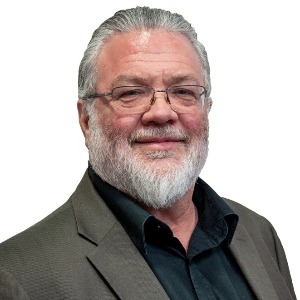Traditional Medicine: Biomolecular and Clinical Aspects
The worldwide popularity of herbal supplements, as well as the promise they hold in treating a variety of diseases, has sparked a surge in research into the molecular foundation of traditional treatments' biological activity. The potent antioxidant effects of herbs and spices have been explored in the last decade due to the strong links between oxidative stress, ageing, and disease. The herbs included are some of the most commonly used treatments, and they include flowering herbs, fruits and berries, roots and rhizomes, and fungi, among others. The use of mass spectrometry and chemometric fingerprinting technology in the authentication of herbs has also been investigated in the last decade to assist provide a new level of quality control to the production of herbal extracts. There is a requirement for rigorous scientific study of herbal medicines as the demand for effective, inexpensive health promotion and treatment expands, especially in the growing elderly population.

Mary Jo Bulbrook
Akamai University, United States
Kenneth R Pelletier
University of California School of Medicine, United States
Gene Bruno
Nutraland, United States
Kevin KF Ng
MD Natural Care LLC, United States
Julieta Andico Songco
JAS Consulting Services, United States
Debrah Nadler
Alzheimer’s Support, LLC, United States




Title : The importance of integrating TCM with conventional medicine in the diagnosis and treatment of physical and mental exhaustion due to excess or lack of professional activity
Angela Sanda Tudor, Society of TCM from Romania, Romania
Title : Change your genes - Change your life: Sorting the hope from hype of human longevity
Kenneth R Pelletier, University of California School of Medicine, United States
Title :
Laure Le Corroller, Dr.& Master Sha Tao Academy, Canada
Title : Examining the factors that decrease and increase the effect of acupuncture
Yucel, Elonysia LLC, Turkey
Title : Pure consciousness and lifestyle practices in ayurveda — Positive epigenetic transformations
Girish Momaya, Maharishi European Research University, Netherlands
Title : Akkermansia muciniphila 001 (AKK001™) postbiotic for body morphology and metabolic indicators in an overweight population: A randomized, controlled trial
Gene Bruno, Nutraland, United States